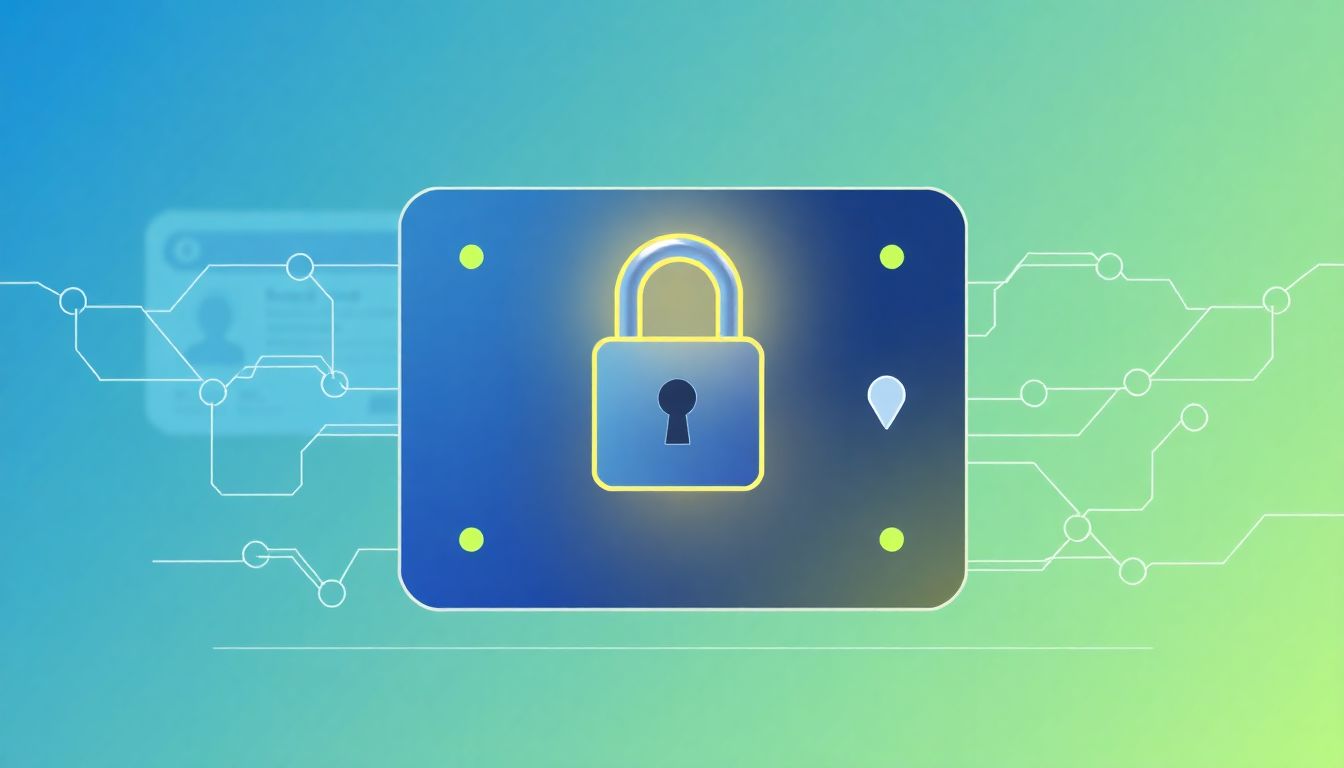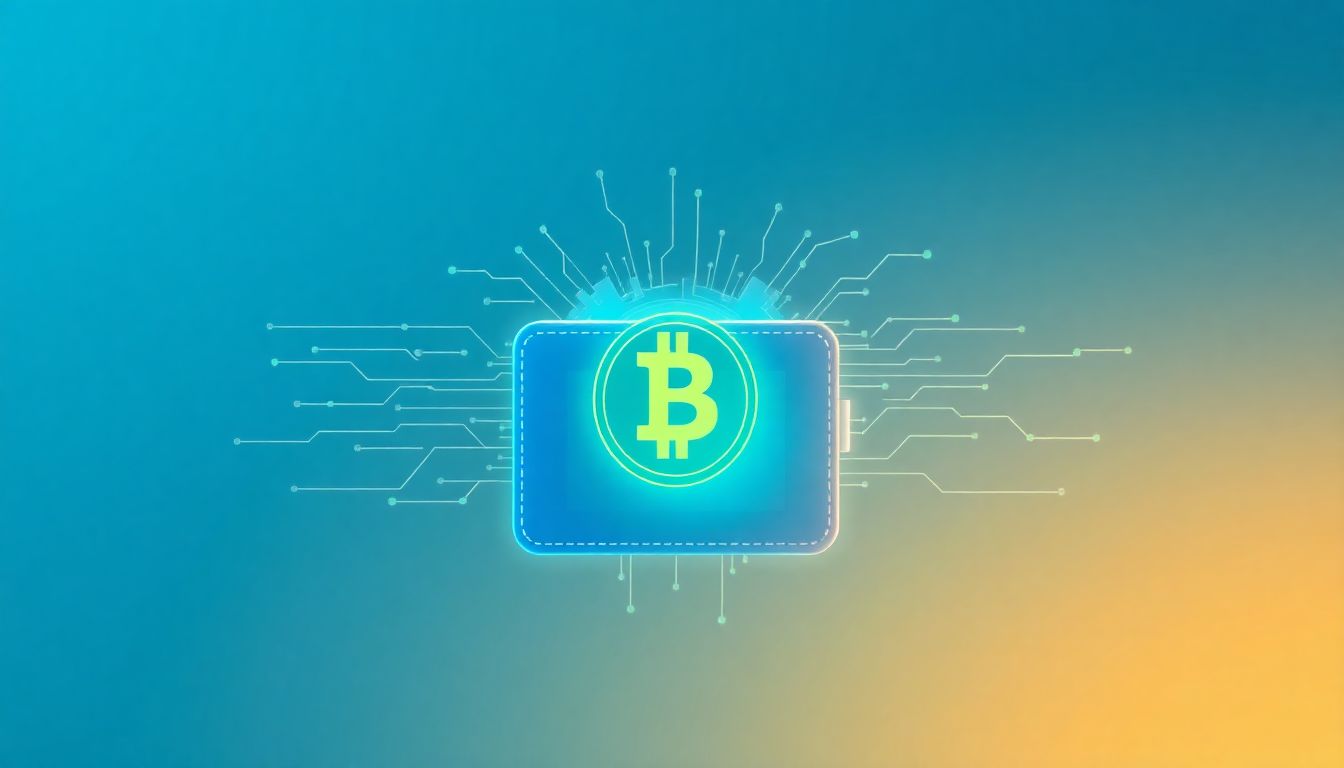In today’s world, securing credentials can feel like trying to find a needle in a haystack. With so many reports of fraud and inefficiency in traditional systems, it’s no surprise that people are concerned about the safety and authenticity of their certifications.
But what if I told you there’s a solution that not only safeguards your credentials but also simplifies the entire verification process? Stick around, and you’ll discover how blockchain technology can revolutionize secure certification.
We’ll explore the benefits of immutable records, build trust with transparent processes, and discuss how blockchain can put you in charge of your own digital credentials. Let’s dive in!
Key Takeaways
- Blockchain ensures secure, tamper-proof certification records that can’t be altered, enhancing trust in credentials.
- Immutable records make background checks quicker, allowing employers to verify qualifications almost instantly.
- Transparency in the certification process builds trust, giving candidates a credible digital portfolio of their achievements.
- Blockchain provides individual ownership of digital credentials, making them easily accessible and shareable.
- By minimizing fraud risks, blockchain protects both organizations and job seekers from counterfeit credentials.
- Efficient record-keeping helps organizations comply with regulations and simplifies audit processes.
- Recognition of blockchain credentials is growing, facilitating job opportunities across borders.
- The future of certifications lies in blockchain, offering speed, security, and efficiency for all stakeholders.

1. Secure Certification Using Blockchain Technology
Blockchain technology transforms how we secure certifications by creating a decentralized and tamper-proof record of credentials.
This means that once a certificate is issued, it cannot be altered or erased, ensuring authenticity.
For organizations looking to enhance security, using platforms like certification tools integrated with blockchain can streamline the process effectively.
In fact, a recent report suggests that global spending on blockchain solutions is expected to hit $17.9 billion by 2024.
This massive investment demonstrates businesses are prioritizing the need for secure certification methods.
2. Benefits of Immutable Records for Credential Security
One of the standout features of blockchain is its immutability, meaning once data is recorded, it can’t be changed.
This property makes credential security much stronger, as there’s no possibility of tampering or fraud.
For example, organizations can confidently issue diplomas or certifications knowing they are permanently safeguarded.
Moreover, using immutability to verify credentials can cut down on the time spent on background checks.
If credentials are recorded on a blockchain, employers can verify them in a matter of seconds.
This aspect of blockchain technology is why 36% of IT leaders are actively looking for blockchain security solutions.
3. Building Trust Through Transparency in Certification
Transparency is key in the realm of certificates, and blockchain offers an unparalleled level of visibility.
Every transaction—every certification issued—can be traced back on the blockchain, allowing for easy validation.
This not only builds trust among employers and institutions but also enhances the credibility of the certified individuals.
Imagine having a digital portfolio that showcases not just your experience and skills, but a clear, verifiable record of each certification!
By ensuring transparency, companies can attract more applicants eager to showcase their valid credentials in a trusted format.
It’s a win-win situation—more transparency equals more trust and ultimately, a better hiring process.

4. Fast Verification: Reducing Administrative Work
Fast verification of credentials is one of the best perks of using blockchain technology.
When organizations issue certifications via blockchain, it allows employers to verify qualifications in real-time.
No more waiting around for background checks or manual processes that could take weeks!
For instance, when an employer receives a job application, they can quickly access the candidate’s credentials through a transparent ledger.
This not only speeds up hiring but also saves companies money spent on lengthy verification processes.
As businesses prioritize efficiency, statistics show that 36% of IT leaders are actively looking for blockchain security solutions to enhance operations.
5. Ownership and Portability of Digital Credentials
Blockchain technology gives individuals true ownership of their credentials.
Once issued, digital certificates can be stored securely in a personal wallet, making them easily accessible anywhere.
This means no more keeping track of paper certificates or digging through old files.
As society becomes more mobile, the ability to carry proof of qualifications without hassle is crucial.
Plus, it allows individuals to share their credentials with potential employers with just a few clicks.
This level of portability is especially valuable in today’s competitive job market where demonstrating qualifications quickly is essential.
6. Minimizing Credential Fraud with Blockchain
Credential fraud is a significant issue that costs organizations time and money.
With blockchain’s secure and immutable records, the risk of issuing fake credentials drastically decreases.
For example, a study indicated that 77% of global executives see blockchain as a disruptive force that can tackle such fraud.
This technology allows for systematic verification of each credential’s authenticity, creating a safer environment for employers and job seekers alike.
Moreover, by implementing blockchain, organizations can protect their brand reputation against fraud, further adding to trust in certifications.
7. Efficient Record-Keeping and Regulatory Compliance
Efficient record-keeping is a game changer for organizations facing compliance requirements.
Blockchain provides a comprehensive method for securely documenting and accessing credentials.
This thorough approach can reduce the risk of audits and compliance breaches.
Organizations can easily access true, tamper-proof records when required, ensuring a smoother audit process.
For industries like healthcare and finance, where regulations are stringent, this capability is invaluable.
As a result, leveraging blockchain can help businesses maintain compliance while minimizing administrative burden.
8. Achieving Global Recognition for Blockchain Credentials
Global recognition of blockchain credentials is steadily gaining traction.
As more organizations adopt blockchain technology, the legitimacy of these credentials is being recognized worldwide.
This opens up job opportunities across borders and industries alike.
Certifications like the Certified Blockchain Security Professional™ (CBSP) indicate a growing demand for recognized blockchain qualifications.
Moreover, with continuous collaboration between educational institutions and businesses, blockchain credentials are on track to become universally recognized.
Ultimately, this fosters a more inclusive job market where qualifications hold their weight globally.
9. Conclusion: The Future of Secure Certification with Blockchain
The future of secure certification lies in embracing blockchain technology.
As we’ve seen, it offers numerous advantages, including speed, security, and portability.
With increasing investments and adoption rates, the shift towards blockchain is inevitable.
Organizations and individuals alike will benefit from a system that enhances trust and efficiency.
By investing in this technology, we can redefine how education and credentials are valued in the workforce.
Let’s stay ahead of the curve and prepare for a future where secure blockchain certifications reign supreme.
FAQs
Blockchain ensures secure certification by providing a decentralized ledger where credentials are recorded immutably, enhancing data integrity and reducing the risk of tampering or forgery.
Blockchain speeds up credential verification by allowing instant access to secure records, minimizing administrative tasks, and enabling stakeholders to validate credentials without lengthy bureaucratic processes.
Immutable records enhance credential security by ensuring that once data is recorded, it cannot be altered. This establishes a trustworthy history for each credential, enhancing confidence in the certification process.
Yes, blockchain minimizes credential fraud by creating a secure, verifiable record of credentials that is difficult to manipulate or forge, thus protecting institutions from fraudulent claims.
